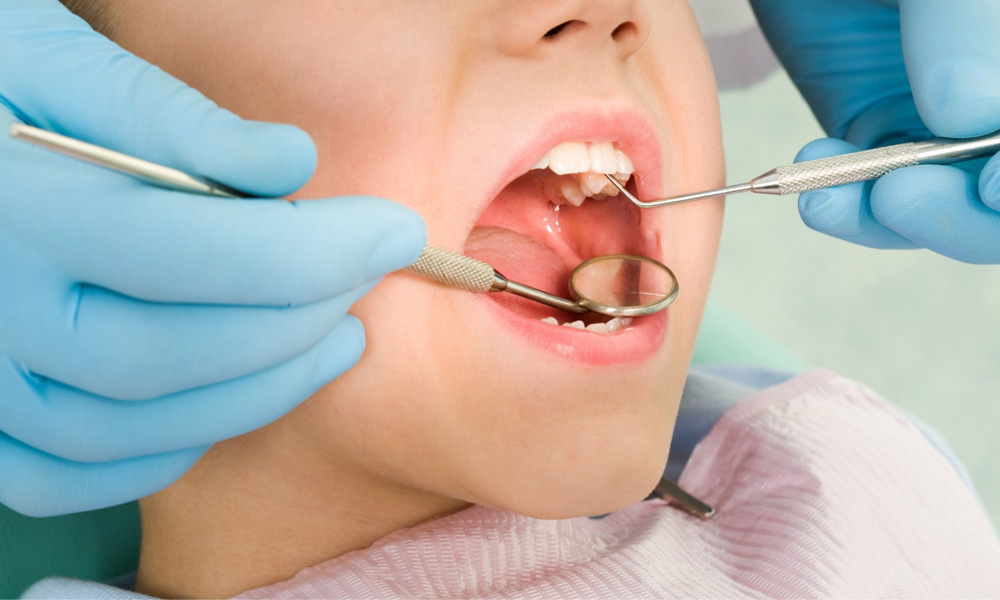Having your teeth cleaned at the office of a dentist in Chicago, IL is a painless and straightforward process. There are many reasons it can benefit your oral health.
Your mouth has many bacteria that can build up plaque when left unchecked. Not removing plaque can result in its acid attacking the hard enamel surface of your tooth, resulting in dental cavities. When cavities are allowed to develop down the teeth to the gum line, they can reach the soft tissue, resulting in gum infection.
Dental experts recommend brushing the teeth at least twice every day for two minutes each time and flossing at least once a day. This keeps up with the buildup of plaque. In some instances, you may not be able to brush some areas in your mouth. Depending on the kind of food you eat and your brushing quality, plaque may still develop. That is why you should visit a dentist for an in-house dental cleaning.
Dental Cleaning Duration
Routine dental cleanings usually take thirty minutes to complete. Typically, a dental hygienist performs the cleaning; however, the dentist will examine your mouth first, checking for signs of inflammation, plaque buildup, and other issues. Following a comprehensive examination, the dental hygienist will get rid of the plaque with a scaler. After the removal of the plaque, they will polish and clean the teeth with an electric toothbrush and gritty toothpaste. To complete the procedure, the dental hygienist will floss your teeth and remove the toothpaste.
Some dentists will recommend having a fluoride treatment following the cleaning procedure, adding up to ten minutes to the original time. After this treatment, you will be told not to consume anything for up to thirty minutes.
Steps Involved in the Cleaning Process

Although dentists can differ in their cleaning procedure, the following are usually the steps involved:
- A basic exam. Your dentist will check your teeth and gums. They will check your mouth for signs of issues such as inflamed gums and possible cavities.
- X-rays. To know different oral issues the dentist will take oral X-rays. These issues include bone loss, gum disease, tooth decay, cysts and tumors, and tooth movement. The dentist will give you diagnostic and preventive services.
If you have dental braces, your dental cleanings can take a bit longer. It becomes even more important to get your teeth cleaned if you are wearing braces. Also, if your dentist determines that you need deep cleaning, then the procedure will take longer than regular cleanings. The dentist will separate your mouth into quadrants. If you need a complete mouth deep cleaning, you may need to attend two one-hour appointments.
Sometimes, a topical anesthetic. But other instances, your dentist might use a local anesthetic to ensure your comfort during the cleaning. Following the administration of the anesthetic, the dentist will start the cleaning procedure. The duration can vary and depends on the extensiveness of the required work. After the deep cleaning procedure, the dentist may inject an antibiotic into your periodontal pocket to get rid of remaining bacteria while the tooth seals itself against the root.
Dental Cleaning Benefits
After a professional dental cleaning, your teeth will look whiter, smoother, and fresher. Because the plaque is removed, your breath will improve. The main goal of dental cleaning is to maintain good oral health and prevent periodontal disease. It is important to stick to a good oral hygiene routine at home and see your dentist twice a year. Whenever you feel that something is not right, schedule a dental appointment as soon as possible to have it addressed before it becomes worse.


